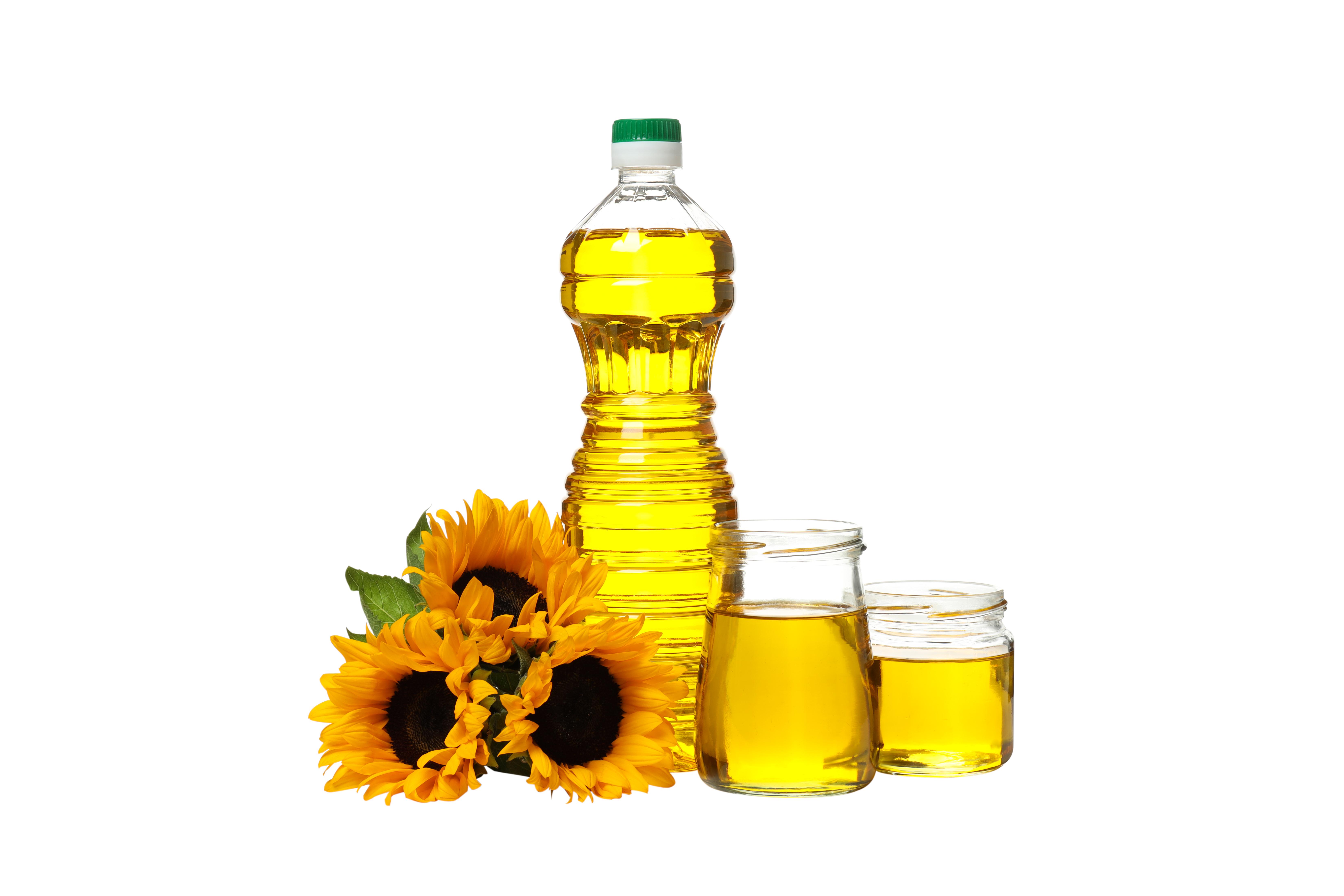Pure Mustard Oil and Its Culinary Excellence: Why Mustard Oil for Cooking is a Healthy Choice

Introduction
Cooking oils are an essential part of every kitchen, and their quality directly impacts both the taste and nutrition of food. Among the many varieties available, pure mustard oil has stood the test of time as one of the healthiest and most flavorful oils. Known for its sharp aroma, golden hue, and unique taste, mustard oil is widely used in South Asian, Middle Eastern, and even European cuisines.
But mustard oil is not just about flavor—it is also recognized for its remarkable health benefits. Whether you are frying, sautéing, or preparing pickles, mustard oil for cooking adds richness while enhancing the nutritional profile of your meals. This article explores the purity, benefits, uses, and importance of mustard oil in cooking.
What is Pure Mustard Oil?
Pure mustard oil is extracted from mustard seeds through traditional cold-press methods or modern expeller techniques. Unlike refined oils that often lose nutrients during processing, pure mustard oil retains its natural goodness, including antioxidants, essential fatty acids, and vitamins.
Key characteristics of pure mustard oil:
-
Golden Yellow Color – Natural and unrefined.
-
Pungent Aroma – A strong smell that signifies authenticity.
-
Nutrient-Rich Composition – Contains Omega-3, Omega-6, Vitamin E, and antioxidants.
-
Unrefined Purity – No chemical processing or artificial additives.
Mustard Oil for Cooking – A Culinary Tradition
Mustard oil is not just a cooking medium—it’s a cultural heritage. Generations have relied on mustard oil for cooking because of its unique taste and versatility.
Common Uses in Cooking
-
Frying and Sautéing
-
High smoke point makes it ideal for deep frying.
-
Preserves nutrients while adding flavor.
-
-
Curries and Gravies
-
Enhances the depth of spices.
-
Balances heat with earthy tones.
-
-
Pickling
-
Naturally acts as a preservative.
-
Keeps pickles fresh for months.
-
-
Marination
-
Tenderizes meat and fish.
-
Adds a tangy, sharp taste.
-
-
Baking and Fusion Foods
-
Gaining popularity in breads and global recipes.
-
Health Benefits of Pure Mustard Oil
1. Heart Health
-
Contains monounsaturated and polyunsaturated fatty acids.
-
Reduces bad cholesterol (LDL) while increasing good cholesterol (HDL).
-
Supports healthy blood circulation.
2. Improves Digestion
-
Stimulates digestive juices.
-
Enhances appetite and metabolism.
3. Boosts Immunity
-
Rich in antioxidants and Vitamin E.
-
Strengthens the body’s defense system.
4. Anti-Inflammatory Properties
-
Natural compounds reduce inflammation in joints and muscles.
-
Used in traditional massages and remedies.
5. Supports Skin and Hair Health
-
Though primarily used in cooking, mustard oil is also applied externally.
-
Nourishes scalp, strengthens hair, and keeps skin hydrated.
Why Choose Pure Mustard Oil for Cooking?
-
High Smoke Point – Suitable for frying without releasing harmful compounds.
-
Preservative Power – Keeps food fresh for longer.
-
Authentic Taste – Elevates traditional dishes.
-
Nutritional Value – Retains natural vitamins and minerals.
-
Long Shelf Life – Stays fresh without artificial preservatives.
Unlike refined oils, pure mustard oil ensures both health and authentic taste.
Mustard Oil vs Other Cooking Oils
| Feature | Pure Mustard Oil | Refined Sunflower Oil | Olive Oil | Coconut Oil |
|---|---|---|---|---|
| Smoke Point | High (good for frying) | Medium | Medium (best raw) | Medium |
| Taste | Strong, pungent, earthy | Neutral | Fruity, light | Sweet, nutty |
| Nutritional Value | Omega-3, Vitamin E, Zinc | Lacks essential oils | Healthy fats, Vitamin E | Lauric acid |
| Cultural Use | Widely used in Asia | Modern kitchens | Mediterranean | Coastal regions |
Clearly, mustard oil for cooking offers a blend of tradition, nutrition, and versatility that few oils can match.
Tips for Cooking with Pure Mustard Oil
-
Heat Before Use – To reduce raw pungency, heat oil until it reaches smoking point, then cool slightly before cooking.
-
Balance Spices – Works best with turmeric, cumin, and chili.
-
Use in Pickles – Adds longevity and rich flavor.
-
Try Fusion Recipes – Experiment with salads, dips, and marinades.
How to Identify Pure Mustard Oil
To ensure quality, look for:
-
Natural Aroma – Strong, pungent smell.
-
Color – Bright yellow to golden.
-
Packaging – Always in sealed, food-grade bottles.
-
Certification – Cold-pressed or expeller pressed.
Mustard Oil in Pakistani Kitchens
In Pakistan, mustard oil for cooking is deeply rooted in tradition. From Sindhi pickles to Punjabi curries, mustard oil enhances flavors that remind people of authentic home-cooked meals. Many households prefer pure mustard oil not only for its taste but also for its health benefits, especially for heart and digestion.
With rising awareness of healthy cooking, mustard oil is making a comeback as families shift from heavily refined oils to more natural options.
Conclusion
Cooking is an art, and the choice of oil defines its flavor and health value. Pure mustard oil is not just an ingredient—it is a symbol of heritage, wellness, and authenticity. Whether you’re frying, sautéing, or preparing traditional pickles, mustard oil for cooking adds the perfect blend of taste and health.
By choosing pure mustard oil, you’re not just upgrading your meals—you’re investing in better health, stronger immunity, and timeless culinary traditions.
- Art
- Causes
- Crafts
- Dance
- Drinks
- Film
- Fitness
- Food
- Games
- Gardening
- Health
- Home
- Literature
- Music
- Networking
- Other
- Party
- Religion
- Shopping
- Sports
- Theater
- Wellness


